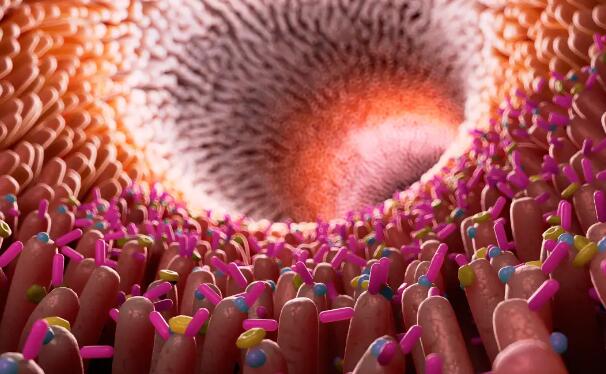Accumulating evidence from clinical and preclinical studies shows that Intestinal flora can modulate the effect of T cell-driven cancer immunotherapy. Such as enhancing the effect of immune checkpoint inhibitors.
CAR-T cell therapy is genetically engineered from each patient’s own T cells. They are from the patient’s blood. Modified and expanded in the laboratory, and then reinfused as a “living cell drug”. back into the patient.
Professor Carl June of the University of Pennsylvania brought the world’s first CAR-T cell therapy approved for marketing in 2017. At present, the FDA has approved a total of 6 CAR-T cell therapies for marketing. It has completely changed the treatment of blood cancers.

On March 13, 2023, researchers from the German Cancer Research Center. The MD Anderson Cancer Center in the United States, the University of South Florida. And the Weizmann Institute of Science in Israel published a paper entitled. A non- Antibiotic-disrupted Intestinal Flora is associated with clinical responses to CD19-CAR-T cell cancer immunotherapy research paper.
This study found that the gut microbiome may modulate the efficacy of CD19 CAR-T cell therapy in patients with B-cell leukemia and lymphoma.
This prospective study the largest of its kind to date. Followed 172 lymphoma patients. They had failed multiple prior chemotherapy regimens before starting CAR-T cell therapy and up to two years after treatment.
The research team found that 20 percent of patients treated with broad-spectrum antibiotics (high-risk antibiotics) had an altered clinical response to subsequent CAR-T cell therapy compared with patients who did not receive antibiotics or received other antibiotics.
The research team further identified several key gut microbes that play a role, including Bacteroides, Ruminococcus, Eubacterium and Akkermansia, among which Akkermansia also Associated with higher baseline peripheral T cell levels before patients received CAR-T cell infusion.
This study revealed a strong association between the gut microbiome and outcome of CAR-T cell therapy. In addition, these findings may also help to better understand the differences in CAR-T cell activation, persistence, and clinical efficacy in different patients.